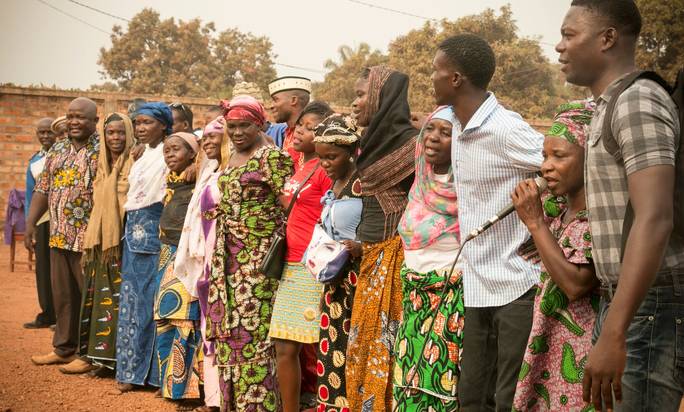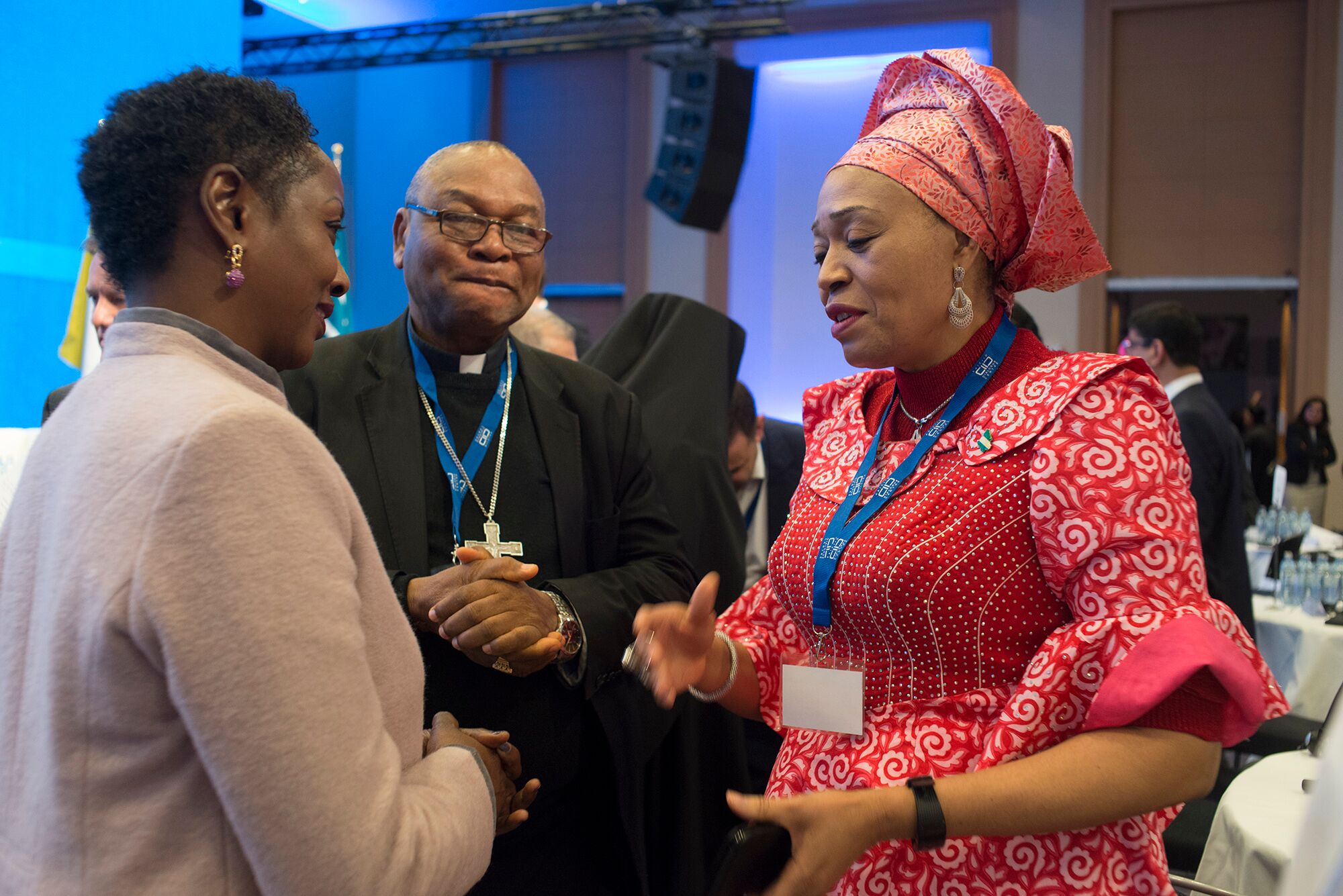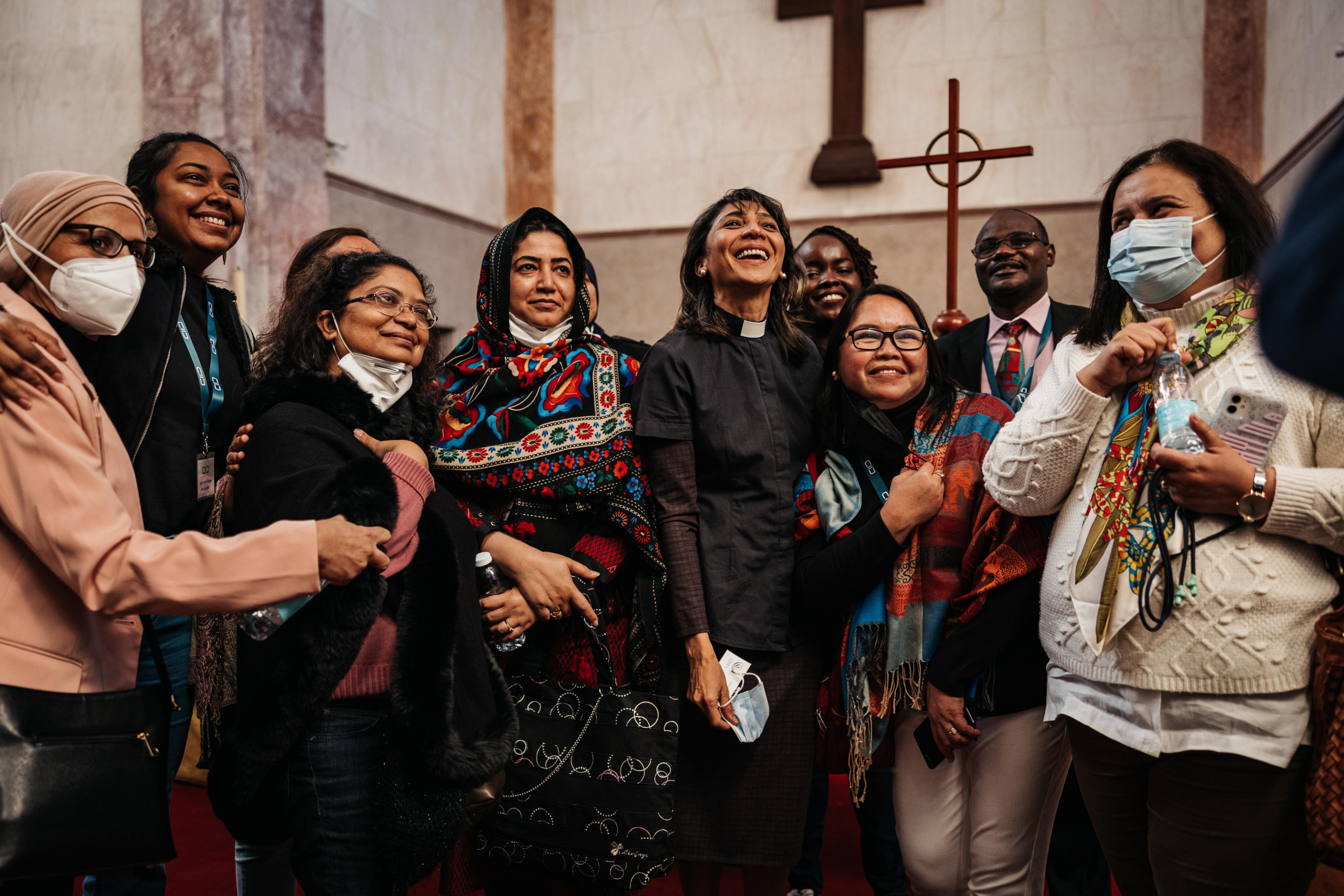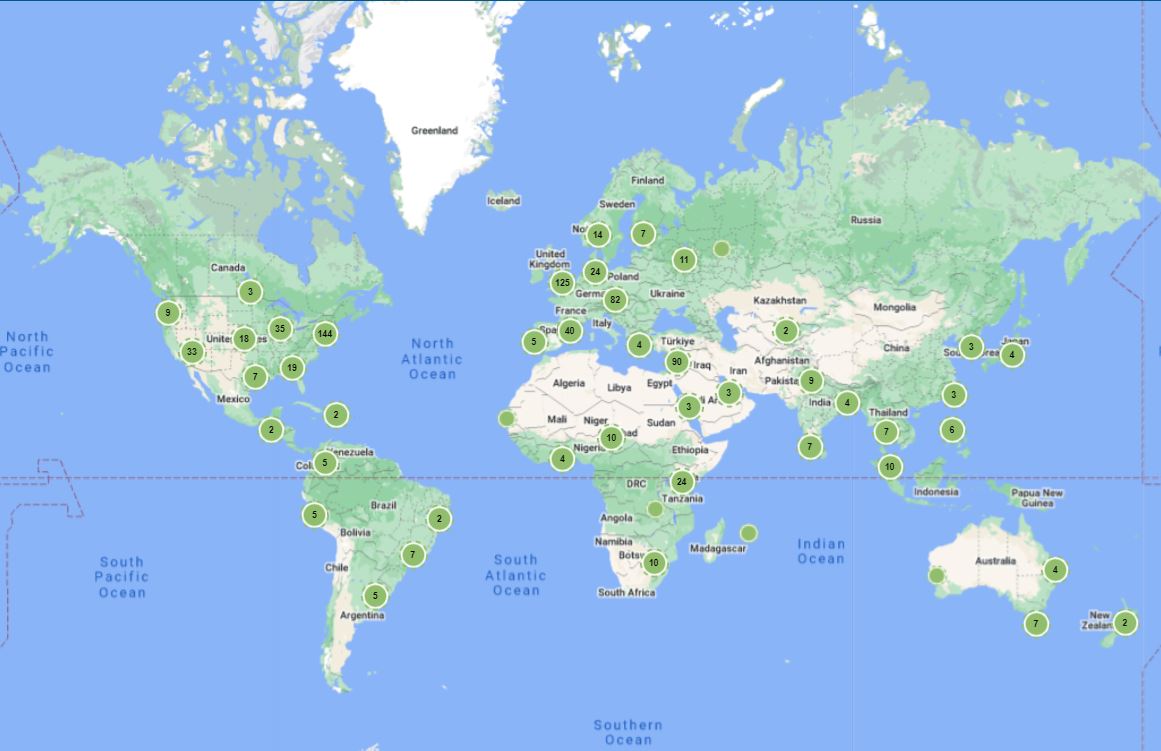Promising Practices
Promising Practices is a collation and expansion of existing documentation on promising practices in interreligious dialogue. Our database offers guidelines and focuses on the concrete implementation of interreligious and intercultural dialogue practices around the world.

Disclaimer:
Through providing different aspects and ideas our aim is to compliment the great work that has been already done in the field of Interreligious and Intercultural Dialogue. Information and field data published in this resource are for informational purposes only, and neither KAICIID nor the Dialogue Knowledge Hub guarantee in any way success of the implementation of the activity.
While we wish all the activities and initiatives featured in this resource could be replicable in as many context around the world as possible, there are often certain limitations, such as the suitability for particular cultures or religious communities. However, there is always room to explore and adjust activities in regards to the community’s environment.
- Laos
- Peru
- Tanzania
- Advocacy
- Capacity Building & Empowerment
- Confessional / Religious / Spiritual Activities
- Democracy
- Educational Programmes
- Freedom of Expression
- Freedom of Religion and Belief
- HIV
- Human Security
- Intercultural Dialogue
- Interreligious Dialogue
- Intrareligious Dialogue
- Networking
- Peace
- Pluralism
- Shared Human Values
- Social Cohesion & Citizenship
- Social Work & Community Service
- Women's Rights
- Youth
- Buddhism
- Multireligious
Interfaith Support for HIV Patients
People affected by HIV have to face prejudice and stereotypes and tend to be isolated from the community, especially in religious contexts. Interfaith communities can be mobilized to unite and tackle the issue of HIV, and support patients, therefore including them in their communities, breaking stereotypes, and fostering coexistence. Different religious communities or interfaith groups can work on a solidarity program with a specialized organization, to show solidarity with affected patients.
Support for HIV patients can take the form of a video project that breaks stereotypes around those the virus. It shows people of different backgrounds dealing with the virus, their hardships and the social pain they go through. Sharing different narratives proves how anyone can be affected by HIV and challenges the stigma around it.
A theatre group can also engage people of different religious backgrounds and affected by HIV to raise awareness of their reality through theatre. The aim is to raise awareness of HIV within religious communities, to create safe spaces for affected individuals.
- New Zealand
- Tanzania
- USA
- Advocacy
- Confessional / Religious / Spiritual Activities
- Democracy
- Educational Programmes
- Environment
- Human Security
- Humanitarian Aid
- Information Distribution
- Intercultural Dialogue
- Interreligious Dialogue
- Minority Rights
- Networking
- Peace
- Shared Human Values
- Social Cohesion & Citizenship
- Social Work & Community Service
- Youth
- Atheism
- Christianity
- Islam
- Multireligious
Meal Sharing
Food is an easy way to foster interfaith dialogue and peaceful coexistence, since it breaks down boundaries between communities and people.
Individuals open their homes to share dinner with 8-12 people from diverse religious backgrounds. During dinner, a trained facilitator leads the discussion and participants are invited to actively listen and share stories. A judgment free zone, these individuals are not expected to be experts in their religious tradition. Another similar practice involves people of different faiths getting together for dinner to welcome refugees in their country and community. Furthermore, people of different backgrounds can also be encouraged to share their dinner with people in need of shelter. Backed by their respective religious teachings, the interfaith group gathers to give assistance to the deprived, which is a value shared by many religions.
Sharing food can also be implemented in a yearly tradition. The Interfaith Food Day is a day in the year to discover diversity within a school or a workplace through food and traditional dishes. This initiative can be carried out for students to take pride in their development in a diverse and international environment while fully embracing their own identity.
- India
- Tanzania
- Advocacy
- Capacity Building & Empowerment
- Democracy
- Intercultural Dialogue
- Interreligious Dialogue
- Intrareligious Dialogue
- Networking
- Peace
- Shared Human Values
- Social Cohesion & Citizenship
- Social Work & Community Service
- Christianity
- Islam
- Multireligious
- Sikh
Interfaith Fund Raising Activities
A religious or interreligious group gets together to raise funds for any interreligious project. It begins with selecting which project(s) will be allocated money and how much. The process of jointly agreeing on which project(s) is/are to be funded and how crosses boundaries between those participating religious communities. It also allows to focus on activities that all parties involved consider worth supporting. Meeting rooms of religious communities or NGOs or individual homes can serve as a meeting place. By taking professional decisions connected to finance, participants practice interfaith engagement, collaboration and agreement and gain more trust in each other. This, in turn, can trigger a chain of solidarity between different faith communities.




